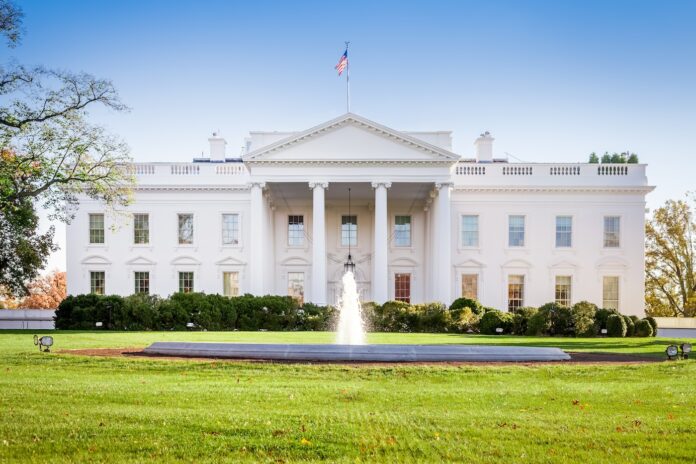Biden Issues More Pardons
WASHINGTON – Saying “Too many lives have been upended because of our failed approach to marijuana,” President Joe Biden in December expanded his federal pardons program to sweep in all United States citizens and lawful permanent residents who have used or possessed cannabis illegally, even if they’ve never been arrested or charged with a crime. The directive also extends to people convicted of minor offenses on federal property.
The new pardons apply only to federal and District of Columbia infractions. They do not apply to other federal cannabis crimes, including sales and driving under the influence. The pardons also do not extend to state crimes or to persons in the country illegally.
The clemency proclamation was the second signed by the president in little more than a year. In October 2022, Biden issued pardons to those federally convicted of simple possession and prohibited all future federal prosecutions for cannabis possession.
As he did when announcing the initial proclamation, Biden again urged governors to follow his lead and pardon state offenses.
“Criminal records for marijuana use and possession have imposed needless barriers to employment, housing, and educational opportunities,” the president’s signing statement said. “It’s time that we right these wrongs.”
Individuals who need proof of a federal pardon to obtain housing, employment, education, or for other reasons must apply to the Department of Justice for a certificate.
At the same time he issued the new directive, Biden also commuted the sentences of eleven people of color he said were “serving disproportionately long sentences for nonviolent drug offenses” that would have netted them shorter sentences today. Their sentences, stretching back as far as 1998, ranged from fifteen years to life without parole for distribution or conspiracy to distribute large amounts of methamphetamine or cocaine and/or cocaine derivatives. All the sentences, except one, will expire by April 2024. The Missouri resident sentenced to life without parole for distribution of crack cocaine will be released in 2036.
The pardons and commutations are part of a larger effort to make good on a campaign promise from 2020, when then-candidate Biden vowed to “use the president’s clemency power to secure the release of individuals facing unduly long sentences for certain nonviolent and drug crimes.”




